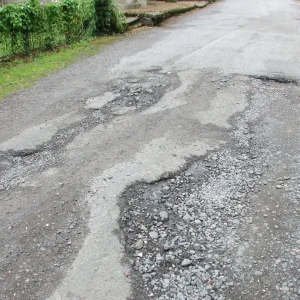Judges are primed to set a radical precedent for the laws governing occupational road risk after a van driver was paralysed in an accident caused by falling asleep at the wheel at the end of a 20-hour working day.
The Court of Appeal has granted an action for damages that could see the 23-year old kitchen fitter sue his employer for a seven-figure sum. He’d started work at 3.30am, and the accident occured when he fell asleep on his way home at 10.15pm.
With between 800 and 1000 deaths a year on Britain’s roads, the ruling is expected to have wide reaching consequences for the fleet industry.
The first case of its kind has been long-anticipated by industry experts. “More employees are killed while at work on the road than in all other workplace accidents put together,” said Roger Bibbings of the Royal Society for the Prevention of Accidents. “This is a tragic reminder to employers of the need to manage occupational road risk.
“By adopting a systematic approach to managing occupational road risk, employers can not only make their workers safer and cut casualties, they can also massively reduce their accident insurance and other costs,” said Bibbings.
ING Car Lease’s occupational road risk expert, a speaker at BusinessCar‘s forthcoming conference, Diarmuid Fahy, explained any failure like this had come down to company culture.
“Road safety must be treated seriously rather than an MD paying lip service. It must feature higher up in the company’s agenda. There must be an ethos of safe driving.”
In this particular case the driver will have his damages reduced by 33% because he was not wearing a seatbelt, which contributed to the extent of his injuries. However, industry commentators such as ING’s Fahy are in uproar over the limited contribution to the negligence. “We are disappointed the driver wasn’t attributed with more personal responsibility for his actions.”
Other industry experts called for the driver’s final award to be reduced by as much 80% to reflect the proportion of his blame.





